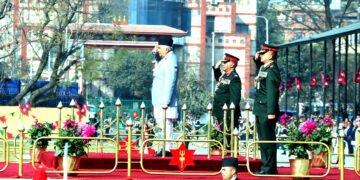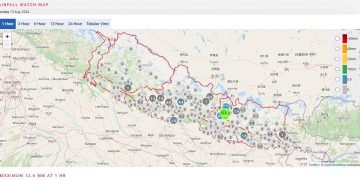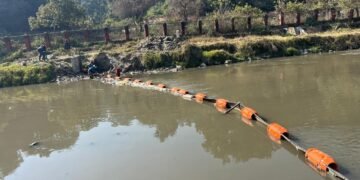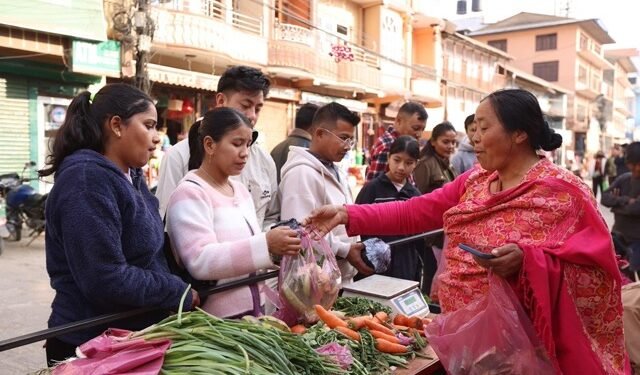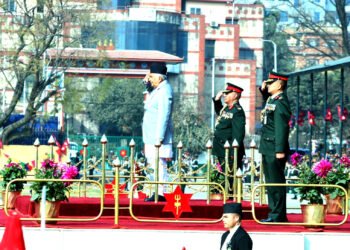KATHMANDU: Finland has joined the Cities 4 Women project in partnership with the European Union, aiming to promote safe, inclusive, and climate-resilient urban spaces across Nepal.
The initiative focuses on creating urban environments that enhance the well-being of women, marginalized groups, and local communities.
With this collaboration, the project sets a strong foundation for long-term sustainable development, ensuring that cities in Nepal become safer, more inclusive, and better equipped to withstand the impacts of climate change.
The Cities 4 Women project works closely with local communities to address several critical issues. It seeks to improve urban safety, particularly for women and marginalized groups, ensuring that urban spaces are accessible and secure.
In addition to urban safety, the project aims to strengthen cities’ resilience against extreme weather events, a pressing concern given Nepal’s vulnerability to climate change.
The project also focuses on making cities more accessible for persons with disabilities and developing sustainable food supply chains that connect rural producers with urban markets, fostering long-term food security and economic sustainability.
The participating municipalities are co-financing a significant portion of the urban planning initiatives, ensuring that the projects remain grounded in the local context and have a lasting impact.
The initiative is supported by Finland, which has pledged €2 million in funding for 2025-2027, alongside the European Union’s contribution of €3.5 million. This collaborative effort is implemented in partnership with UNOPS, UN-HABITAT, and Cities Alliance, all of which have extensive experience in the Nepali context and will ensure efficient project management.
A unique aspect of the Cities 4 Women project is its effort to bridge the gap between rural and urban areas, particularly in Nepal’s Far West.
The project aims to strengthen the links between rural producers and urban markets, developing climate-resilient value chains that promote sustainable livelihoods.
Finnish expertise in urban planning will be integrated into the project, helping to establish connections with other Finnish development cooperation projects and funding instruments, such as the PIF instrument, to further support urban development in Nepal.
The project is already making a visible impact, as reflected in the image of a female vendor in Tansen city, where she is seen selling vegetables at an open-air market. This street scene highlights the vital role of local markets in connecting rural producers with urban consumers, a key element of the Cities 4 Women project’s mission.
With the backing of Finland, the European Union, and local municipalities, the Cities 4 Women initiative is set to make significant strides in creating safer, greener, and more inclusive cities in Nepal.

